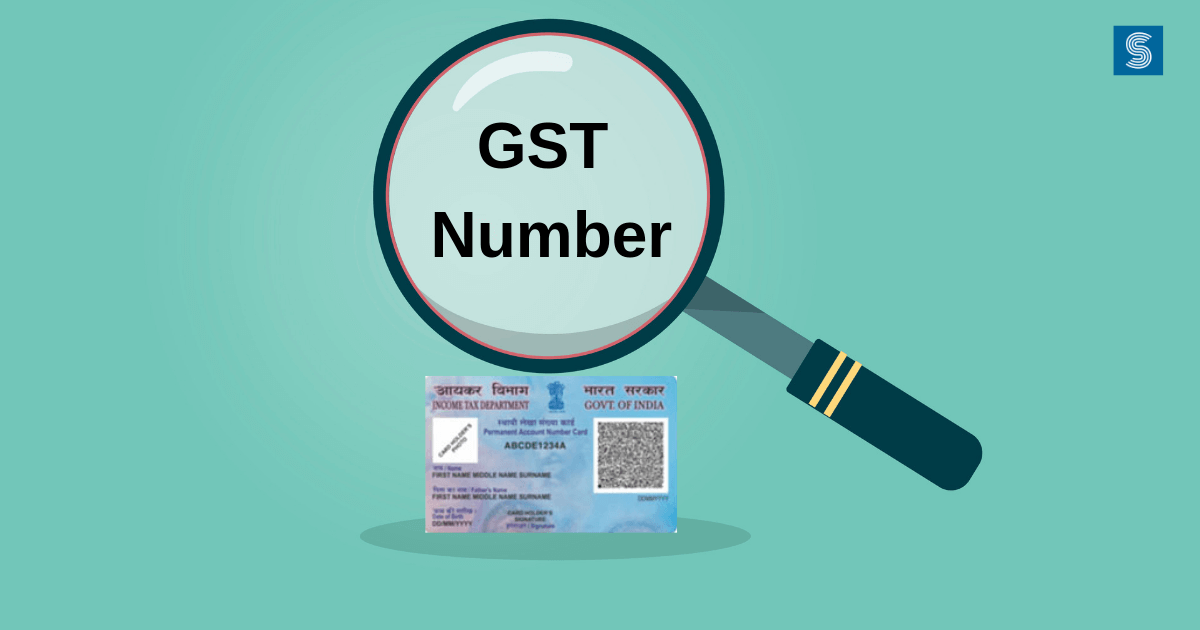GST Impact on Supply Chain Management

Swarit Advisors | Updated: Aug 28, 2017 | Category: GST
A Supply chain is the network of all the organization’s, individuals, resources, activities & technology involved in the creation and sale of product starting from the delivery of raw material from the supplier to the manufacturer, though eventually its delivery to the end consumer. In this article, we will discuss the GST Impact on Supply Chain Management?
In today’s competitive world it is one of the deceive elements that determine that the business will survive or not in the long run.
Table of Contents
An organizations supply chain strategy is mainly dependent basically on four factors:
- Organizations internal policy
- Market conditions
- Competitive factors
- Government policies and regulations
Supply chain management helps the business to simplify its operations, to maximize satisfaction to the end consumer and also provide a competitive advantage in the fast-growing dynamic market. It strategies is the backbone of every business.
Impact of GST on the supply chain management:
- The structure of the supply chain is influenced by the direct taxes levied at different states at differential rates of taxes on the basis of a location of the businesses. However, due to the introduction of GST, the multiple state taxes are eliminated and a uniform tax rate is introduced which will enable the business to consolidate the warehouses instead of maintaining one in each state.
- There will be cost savings as a result of GST. The cost savings can be effectively used as a further investment.
Benefits of GST on Supply Chain Management:
Tailor-made supply chain
Under the GST regime, the manufacturer can move towards customized supply chain models that suit the customer requirements and also fulfill the supply chain requirement of the organization.
Better Inventory Management
GST enables elimination of multi-state taxes and provides a gateway towards optimizing the stock points the reduce the channels of inventories. Due to a decrease in the channel of inventories, the lead time will be reduced resulting in a few transits stays and will be helpful in inefficient warehouse management.
A decrease in the cost
Post-implementation of GST, the organization operating undersupply chains will be benefited throughout state purchases and a decrease in the logical cost due to uniform rates of taxes. Thus the manufacturer will get an opportunity to expand its business beyond the limitation of the state.
Also, Read: GST Hacks for Startups & Freelancers.














